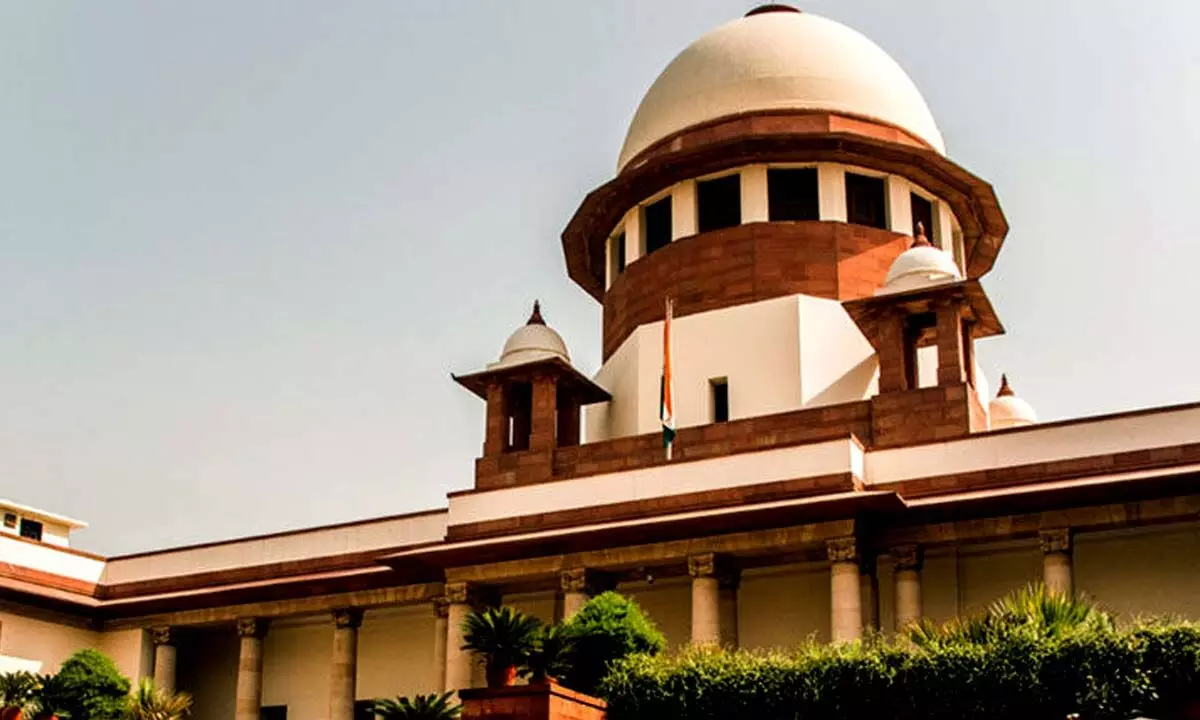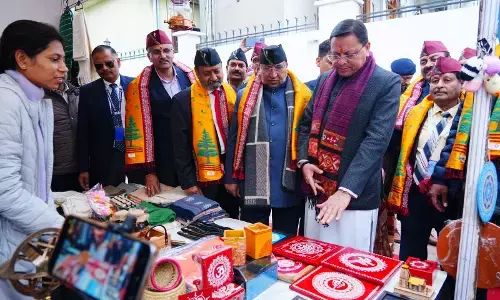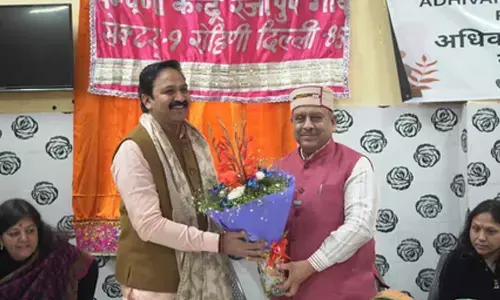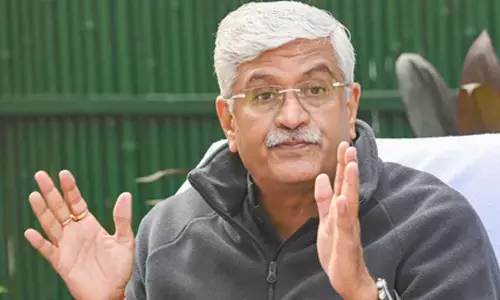'Doesn't suffer any flaws': Supreme Court affirms 2016 DeMo decision in 4-1 decision

Supreme Court of India
The Supreme Court on Monday, in a 4:1 majority judgment, upheld the Centre's 2016 decision to demonetise the Rs 1,000 and Rs 500 denomination notes, saying the November 8, 2016 notification (demonetisation) does not suffer any flaws in the decision-making process and also satisfies the test of proportionality.
New Delhi: The Supreme Court on Monday, in a 4:1 majority judgment, upheld the Centre's 2016 decision to demonetise the Rs 1,000 and Rs 500 denomination notes, saying the November 8, 2016 notification (demonetisation) does not suffer any flaws in the decision-making process and also satisfies the test of proportionality.
A five-judge constitution bench, headed by Justice S.A. Nazeer and comprising Justices B.R. Gavai, A.S. Bopanna, V. Ramasubramanian, and B.V. Nagarathna, pronounced the judgment on a clutch of petitions challenging the Centre's 2016 decision. Justice Nagarathna differed from the majority and wrote a separate minority judgment.
The bench, in the majority judgment, said: "The impugned Notification dated 8th November 2016 does not suffer from any flaws in the decision-making process; The impugned Notification dated 8th November 2016 satisfies the test of proportionality and, as such, cannot be struck down...".
The top court said the power available to the Central government under sub-section (2) of Section 26 of the RBI Act cannot be restricted to mean that it can be exercised only for 'one' or 'some' series of bank notes and not for 'all' series of bank notes and the power can be exercised for all series of bank notes. "
Merely because on two earlier occasions, the demonetisation exercise was by plenary legislation, it cannot be held that such a power would not be available to the Central government under sub-section (2) of Section 26 of the RBI Act," said the bench, in a 258-page judgment.
The top court noted that whether demonetization of only Rs 500 denomination notes ought to have been done or the denomination of only the notes of Rs 1,000 ought to have been done, is an area which is purely in the domain of the experts and beyond the arena of judicial review.
It further added that the Centre is the best judge since it has all the inputs with regard to fake currency, black money, terror financing & drug trafficking. "As such, what measure is required to be taken to curb the menace of fake currency, black money and terror financing would be best left to the discretion of the Central Government, in consultation with the RBI. Unless the said discretion has been exercised in a palpably arbitrary and unreasonable manner, it will not be possible for the Court to interfere with the same," said the bench.
The Centre had argued that the purpose of demonetisation was to eliminate the fake currency notes, black money, drug trafficking, and terror financing. "Can it be said that demonetising high denomination bank notes of Rs 500 and Rs 1,000 does not have a reasonable nexus with the three purposes sought to be achieved? We find that there is a reasonable nexus between the measure of demonetisation with the aforesaid purposes of addressing issues of fake currency bank notes, black money, drug trafficking & terror financing," noted the bench.
The top court noted that the material placed on record would show that the RBI and the Central government were in consultation with each other for at least a period of six months preceding the action of demonetisation.
Upholding the Centre's demonetisation decision, the bench said: "We have not found any flaw in the decision-making process as required under sub-section (2) of Section 26 of the RBI Act".
The bench said it is of the considered view that the Central Board of the RBI had taken into consideration the relevant factors while recommending withdrawal of legal tender of bank notes in the denomination of Rs 500 and Rs 1,000 of existing and any older series in circulation. Also, all the relevant factors were placed for consideration before the Cabinet when it took the decision to demonetise, it added.
The top court said that a draft scheme to implement the proposal for demonetisation in a non-disruptive manner with as little inconvenience to the public and business entities as possible was also prepared by the RBI along with the recommendation for demonetisation. "The same was also taken into consideration by the Cabinet. As such, we are of the considered view that the contention that the decision-making process suffers from non-consideration of relevant factors and eschewing of the irrelevant factors, is without substance," said the top court.
On the aspect of hardship faced by people due to demonetisation, the bench said the individual interests must yield to the larger public interest sought to be achieved by demonetisation notification.
It further added that the 52-days window provided for exchange of demonetised currency notes with legal tenders is not unreasonable and cannot be extended now, and also during the 1978 demonetisation, the window for exchange of demonetised bank notes was three days, which was extended by an additional five days. "We fail to understand as to how the said period of 52 days could be construed to be unreasonable, unjust and violative of the petitioners' fundamental rights," said the bench.


















